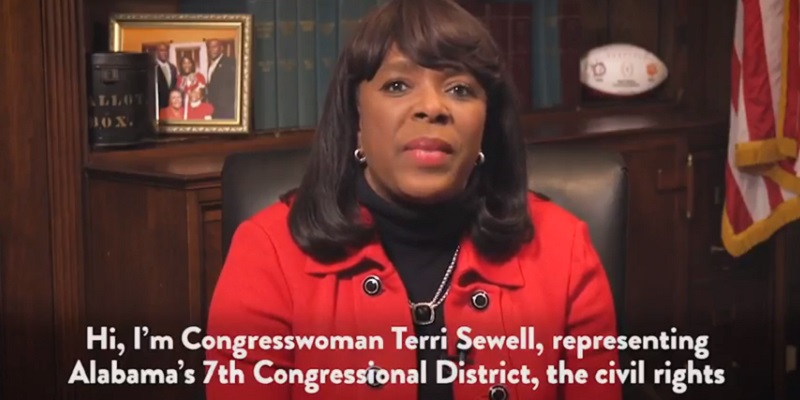
Sen. Rand Paul previewed a plan Thursday that would drastically lower taxes in economically devastated pockets of the country, as he attempts to make political inroads in the nation’s historically Democratic cities.
On the eve of a trip to Detroit — where he’ll deliver a speech before the city’s Economic Club and open a local metro GOP office — Paul said he would soon introduce legislation that would completely eliminate or cut taxes in targeted areas suffering from high unemployment in order to return money to local businesses and customers.
The idea, Paul said on a conference call with reporters, is to “create taxes so low that you are essentially able to bail yourselves out,” rather than depending on the federal government to allocate funding based on political patronage.
“It adds up, it becomes a significant amount of money over time. It’s going into the hands of people who earned it,” he said.
Paul framed it as a conservative alternative to traditional grant allotment because it simply and directly returns money to a specific impoverished locality.
“It’s not government deciding,” he said. ”This will create jobs because the money is not going to go to anyone selected by government. It’s going back to businesses.”
The plan, which Paul will outline in greater detail in his speech Friday, will obviously be applicable to Detroit, which suffers from 18 percent unemployment, as well as other struggling enclaves.
While the freshman senator said the legislation would also to apply to certain rural areas across the country, the focus is undoubtedly on blighted urban centers with large African-American populations.
Paul has been the most vocal potential Republican presidential candidate about the need for the party to make inroads with minorities.
In April, he visited Washington’s historically black Howard University in that same cause.
“There will be an outreach here. The goal is to say, we have ideas for people who live in cities,” he said.
But Paul didn’t indicate he had rounded up wide-ranging support for his plan, mentioning that he had only spoken about it in passing to Michigan Democratic Sen. Carl Levin.
Democrats have customarily argued that the rich should shoulder higher taxes in order to pay for services and aid for the poor.
Follow Dave’s blog at TheRun2016.com










